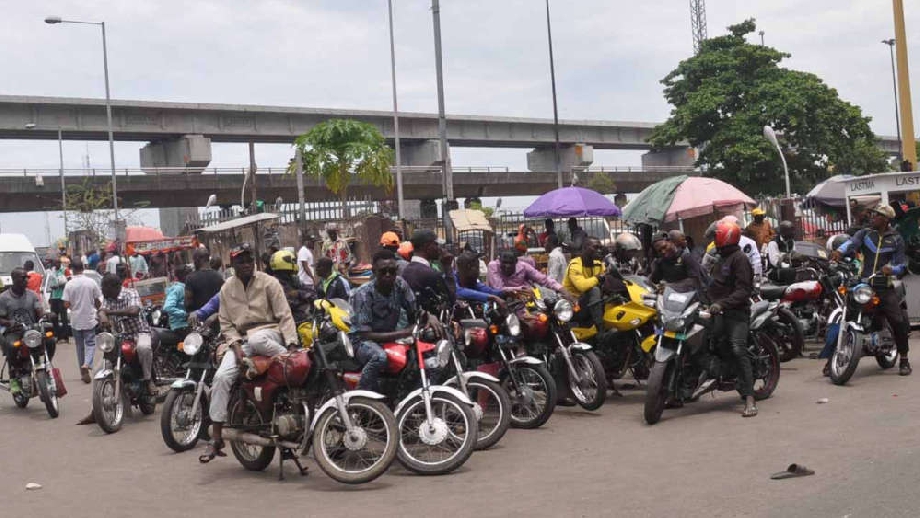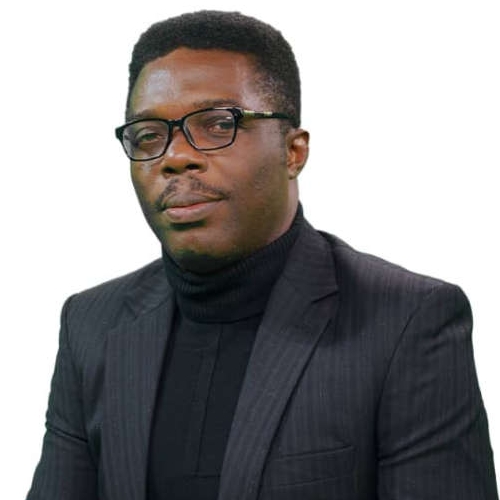
Operators of motorcycle taxis (okada) in Lagos complied with the fresh ban on their operations by the state government which began Wednesday.
They will no longer be permitted in six local government areas – Lagos Island, Lagos Mainland, Eti-Osa, Apapa, Ikeja, and Surulere.
They have also been stopped from operating on all highways, major roads, and bridges in Lagos.
In Victoria Island, commuters had to trek or get on mini-buses known as "korokpe" to get to their destinations.
The Eko Hotel roundabout, which used to be flooded by okada riders was free of them.
And just like the Eko Hotel roundabout, no okada rider was sighted at CMS all the way to Tafawa Balewa Square.
Only dispatch riders were on the road.
The Lekki environment was calm despite earlier rumours of a protest by okada riders.
However, security operatives and traffic officials were stationed along the Lekki-Epe expressway.
An okada rider who said he is a student of urban and regional planning at the University of Maiduguri and pays his tuition from his okada operation told Nigeria Info that he is unsure what to do.
He said he understood the government’s position but pleaded for a reversal of the ban.
“Not all okada riders commit crimes,” he said.
“Then you know that ASUU is on strike. I don’t know when they will resume. When that happens, I don’t know how to take care of myself.”
The reactions are mixed for commuters.
Most of those who live around the Ajah-Ilaje axis expressed displeasure over the enforcement of the okada ban today in Lagos.
They said it is happening at the wrong time since the alternatives are insufficient.
They also pointed out that transport fares are at an all-time high.
Around the Surulere-Yaba axis, a number of commuters welcomed the ban.
Some were however worried about its effect on the unemployment and crime rates in Lagos.
The recent ban was announced by Governor Babajide Sanwo-Olu on 18 May following the lynching of a sound engineer in the Lekki area.


